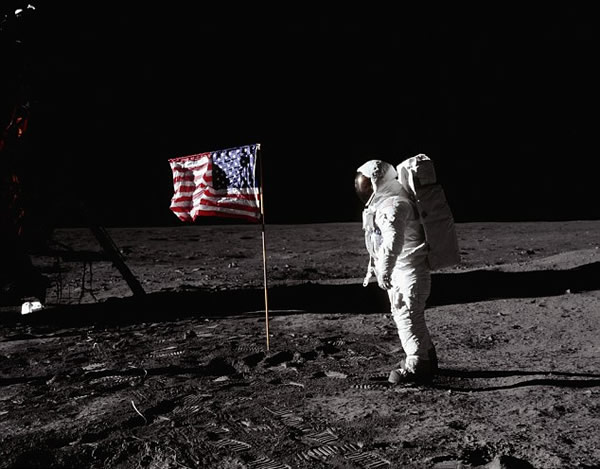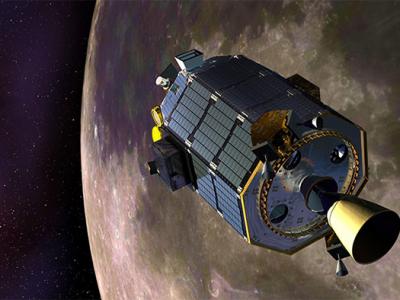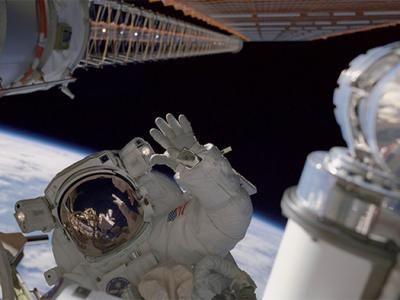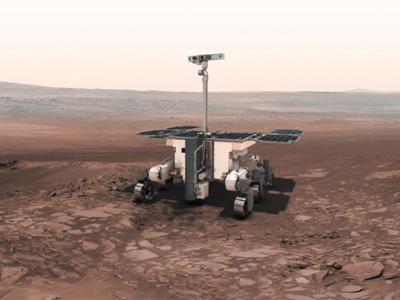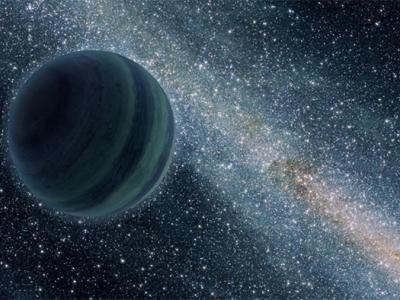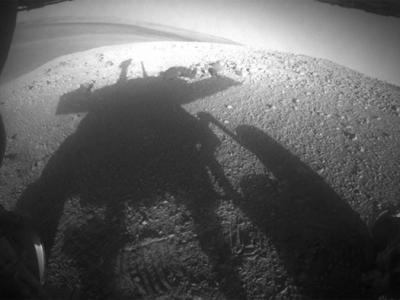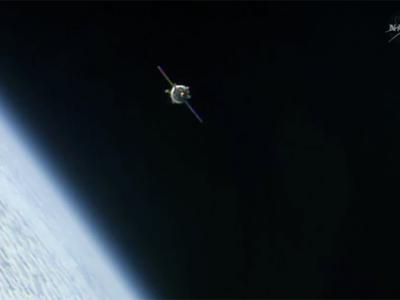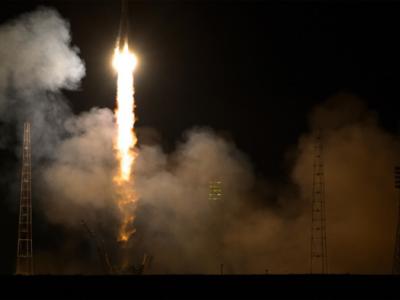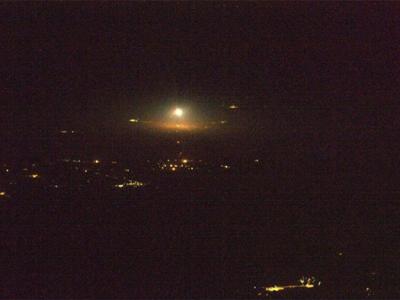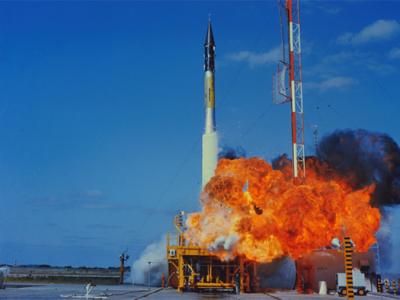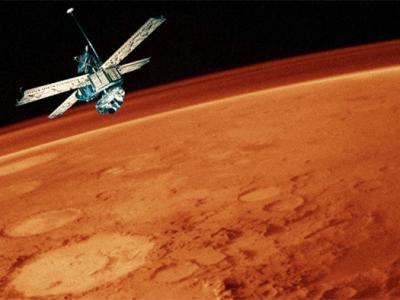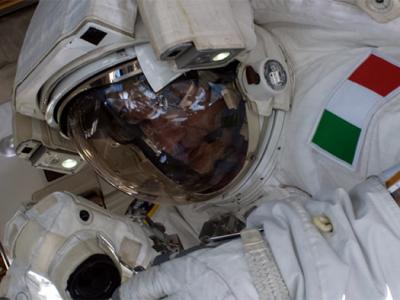Byzantine NASA: Pioneering Spirit Lost?
Buzz Aldrin stands with the US flag on the surface of the moon during the Apollo 11 mission in 1969.
America is a nation built by pioneers, and has perpetuated a pioneer spirit that is arguably unique in the history of the world. Although a very young nation, America has been lauded over the years as being innovative, hard working, adaptive and above all, of having that "can-do" spirit.
Certainly the early settlers in America from Europe were pioneers. They braved an undeveloped land and, often, hostility from the societies they had left and peoples they sought to displace. Yet they persevered, rebelled, fought, and finally became independent from their home country overlords. The second generation of pioneers expanded across the New World and eventually, the United States of America was established, from sea to shining sea.
American pioneers pushed onward, moving from uncharted territories within the country, including mountaintops and ocean depths, to finally flying into the air and into space itself.
Alan Shepard was the first American pioneer in space in 1961, followed quickly by his peers and colleagues during project Mercury. This was the beginning of the so-called "Space Race," which reached its zenith when American pioneers beat the Soviets to the moon in an astonishingly short period of time.
Americans pioneered the Space Shuttle. Although designed to operate only in Low Earth Orbit (LEO), Shuttle was, and remains to this date, a unique vehicle.
No other spacecraft was ever developed, or is currently being contemplated by any credible entity, that can match the capabilities of Space Shuttle. She was, and remains the first and only reusable operational spacecraft.
Shuttle could lift a payload of nearly sixty thousand pounds, along with an astronaut crew of seven to LEO. Once in orbit, this spacecraft transformed herself into either a superb research or construction platform, sometimes both. After two-week missions, Space Shuttle returned to soft landings on Earth, which enabled true reusability.
The International Space Station (ISS) was the most audacious space construction project ever attempted and accomplished. This program was started by America, and America remains the lead partner.
However, much has happened in the intervening years. Space Shuttle was retired, and America now has lost its own capability of launching astronauts into space. There are replacement programs in works, however. The Orion capsule spacecraft is being developed, but the first planned crewed flight is in 2021.
Commercial companies, helped along by NASA, are making impressive strides. One or more commercial spacecraft have a good chance of sending astronauts to LEO before Orion, but perhaps only by a few years.
There exists a forward path for U.S. human spaceflight, but the programs are not being sufficiently supported, politically or financially.
What happened? Did America somehow lose, or see a diminished pioneering spirit?
The Byzantine Empire once ruled the world. As the empire grew in size, so did its bureaucracy and structural complexity. This resulted in diminishing efficiency, until the empire reached the point where it collapsed under its own weight. Thus was created the pejorative adjective "Byzantine."
There are those who argue that organizations naturally grow in size and complexity, such that they inevitably become Byzantine. There are those who would argue that NASA has already reached that point.
Is it really inevitable? If an organization is getting to that Byzantine point, is it reversible? Can it be fixed?
I, for one, believe that it can. One can study organizations and see how complexity builds upon itself, especially with human leaders at all levels, exercising built-in human frailties of personalized agendas of self-advancement. This is not criticism; it is natural animal behavior, not limited to humans.
Recently, the Space Foundation released a white paper entitled PIONEERING: Sustaining U.S. Leadership in Space. This paper was researched for over a year, and contains a guideline of how America can regain its pioneering spirit in space. Four steps towards this goal are identified:
•Access -- developing the ability to get to and from targeted destinations.
•Exploration -- learning about those destinations in order to plan for subsequent missions.
•Utilization -- turning theoretical knowledge into technology that justifies continued, longer term activity at the destinations.
•Transition -- handing off the knowledge and capabilities NASA has developed to other government organizations or the private sector for further long-term engagement.
There follows recommendations on how to de-politicize NASA, and give the NASA Administrator more power and authority over the agency. Also crucial, are recommendations on how to stabilize funding for programs and streamlining NASA’s infrastructure and mission back to reflect its original core missions and values.
I believe America is still a pioneering nation, which can and should continue to lead exploration in space. The changes needed are within reach. It is up to us, whether or not we choose to continue to do things in space, because they are hard.
Dr. Leroy Chiao is a former NASA astronaut and International Space Station commander. He served as a member of the 2009 Review of U.S. Human Spaceflight Plans Committee, and is the special advisor for human spaceflight to the Space Foundation. He holds appointments at Baylor College of Medicine and Rice University.
Jan 25, 2013 by Leroy Chiao
